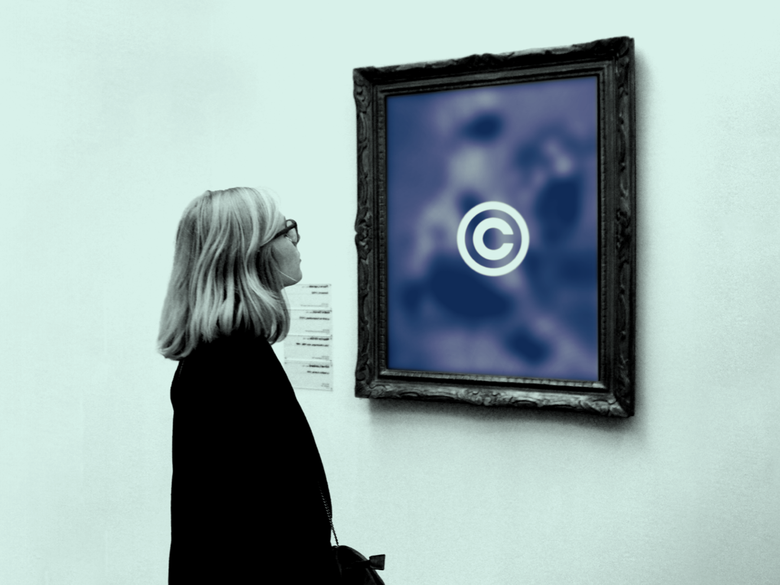Episode Description
Join hosts Vass and Paul for their fascinating conversation with Michael Richardson, associate professor of media and culture at the University of New South Wales in Sydney, Australia, about the ideas in his book Nonhuman Witnessing: War, Data, and Ecology after the End of the World (Duke University Press, 2024). Michael explores the ethical and political implications of witnessing in an age of profound instability, and how our ways of making knowledge and experiencing the world are being mediated in fundamental ways by nonhuman systems — from the embodiment of history, trauma and change in animals and natural landscapes, to the “immediately computational” witnessing by technologies such as surveillance cameras and artificial intelligence.
Mentioned:
- Potawatomi scholar Kyle Whyte: https://seas.umich.edu/research/faculty/kyle-whyte
- Mario Blaser and Marisol de la Cadena, editors, A World of Many Worlds (Duke University Press, 2018)
- Future of Life Institute: “Slaughterbots are here” (https://autonomousweapons.org/)
- “The infamous COMPAS [Correctional Offender Management Profiling for Alternative Sanctions] sentencing software”: see “Code is law: how COMPAS affects the way the judiciary handles the risk of recidivism,” by Christoph Engel, Lorenz Linhardt and Marcel Schubert, Artificial Intelligence and Law, February 2004, https://doi.org/10.1007/s10506-024-09389-8
- Australian Research Council Centre of Excellence on Automated Decision-Making and Society: www.admscentre.org.au/
In-Show Clips:
- 7:17: NDPVIDEO: “Jack Layton on reckless economic policies” (YouTube, December 3, 2009)
- 14:57: Center for Puerto Rican Studies: “Bridging the Divides: Apocalypse and Indigenizing Futures” featuring Yomaira Figueroa-Vásquez and Kyle Powys Whyte (YouTube, February 1, 2024)
- 18:48: ABC News In-depth: “One year on, ABC News looks back at how Australia’s Black Summer bushfire crisis unfolded” (YouTube, January 1, 2021)
- 21:58: Overthink Podcast, “Thinking with the pluriverse: a conversation with Mario Blaser” (YouTube, October 24, 2023)
- 49:22: The Wall Street Journal: “Valkyrie: This Autonomous AI Drone Could Be the Military’s Next Weapon” (YouTube, October 7, 2023)
- 51:12: Future of Life Institute: “Slaughterbots — if human: kill()” (YouTube, November 30, 2021)
- 1:02:20: Testimony of witness Rebecca Wexler, Assistant Professor of Law, UC Berkeley School of Law, US Senate Committee on the Judiciary, Subcommittee on Criminal Justice and Counterterorism hearing “AI in Criminal Investigations and Prosecutions” (January 24, 2024)
- 1:03:14: WITNESS: “WITNESS’ Sam Gregory testifies in US House hearing on how we can inclusively prepare for deepfakes” (YouTube, November 8, 2023)
Further Reading:
- Michael Richardson, Nonhuman Witnessing: War, Data, and Ecology after the End of the World (Duke University Press, 2024)
- Michael Richardson, Gestures of Testimony: Torture, Trauma, and Affect in Literature (Bloomsbury, 2016)
- Michael Richardson, “Algorithmic Trauma,” in The Affect Theory Reader 2: Worldings, Tensions, Futures, edited by Gregory J. Seigworth, Michael Richardson and Carolyn Pedwell (Duke University Press, 2023)
Credits:
Policy Prompt is produced by Vass Bednar and Paul Samson. Our technical producers are Tim Lewis and Melanie DeBonte. Fact-checking and background research provided by Reanne Cayenne. Marketing by Kahlan Thomson. Brand design by Abhilasha Dewan and creative direction by Som Tsoi.
Original music by Joshua Snethlage.
Sound mix and mastering by François Goudreault.
Special thanks to creative consultant Ken Ogasawara.
Be sure to follow us on social media.
- X: @_policyprompt
- IG: @_policyprompt
Listen to new episodes of Policy Prompt biweekly on major podcast platforms. Questions, comments or suggestions? Reach out to CIGI’s Policy Prompt team at [email protected].





